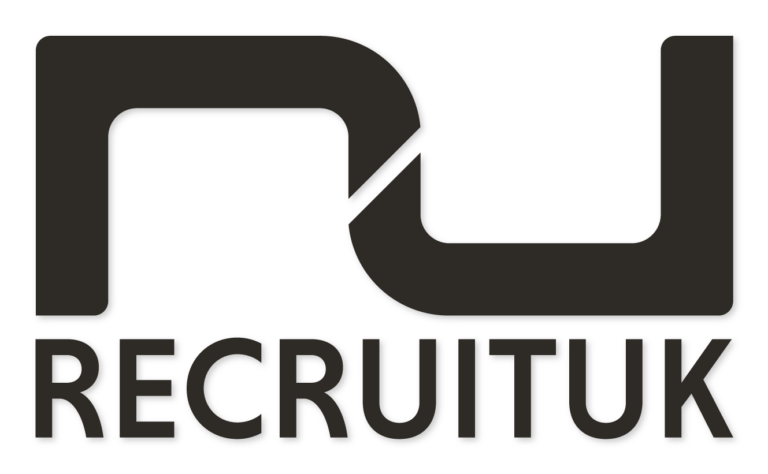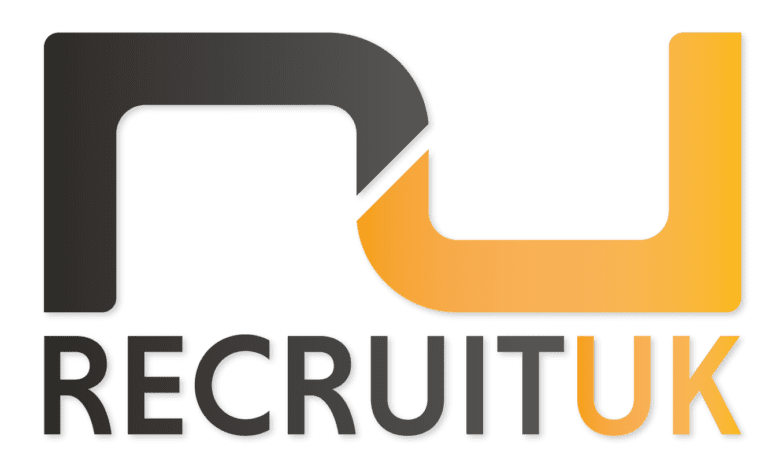1. Why do you want this Paraplanner role?
Employers want to hire candidates who are passionate about the job, so you should have a great answer prepared about why you want the position. Firstly, identify some of the key factors that make the role a great fit for you, for example ‘I am keen to work in a customer support role, I love interacting with people and the satisfaction that comes from helping someone to solve a problem.’ You should do some background research on the company and share reasons as to why you’d love to work for them- ‘I have always been passionate about X, and I think your company is doing great things and I want to be a part of it.’
2.What mistakes have you learnt from in your previous role?
Candidates without specific examples often do not seem credible. However, the example shared should be inconsequential, ensuring you emphasise the lesson you learnt from the mistake. A great example could be that you were assigned to a group project that didn’t end up going as planned, you had to move ahead with the project without collaborative assistance from the rest of the team.
3. What challenges are you expecting in this paraplanner position?
The best way to answer questions about the challenges you are seeking is to discuss how you would like to be able to effectively utilise your skills and experience if you were hired for the job. You can also mention that challenges motivate you, you can effectively meet challenges, and have the flexibility and skills necessary to handle a challenging job. You can continue by describing specific examples of challenges you have met and goals you have achieved in the past.
4.Describe a typical working week for a paraplanner?
Interviewers expect a candidate for employment to discuss what they do while they are working in detail. Before you answer, consider the position you are applying for and how your current or past positions relate to it. The more you can connect your experience with the job opening, the more successful you will be at answering the questions. Keep your answers focused and show the interviewer that you’re organised and efficient ‘The first thing I do on Monday morning is check my voicemail and emails, then I prioritise my activities for the week.’
5.What is your biggest weakness?
No one likes to answer this question. You can’t trick the interviewer by offering up a personal weakness that is really a strength ‘Sometimes, I work too much and don’t maintain a work-life balance;’ and you shouldn’t be so honest that you throw yourself under the bus ‘I’m not a morning person, and so I am sometimes late into the office.’ Think of a small flaw like ‘I sometimes get side-tracked by small details’, ‘I am occasionally not as patient as I should be with colleagues who do not understand my ideas’, or ‘I get nervous and uncomfortable with public-speaking.’ Add that you are aware of the problem and you are doing your best to correct it by taking a course of action.
6. Why should we hire you as a paraplanner?
This is the part where you can link your skills, experience, education, and your personality to the job itself. You need to be familiar with the job description as well as the company culture. It is possible that you may not have as much skills, experience, or qualifications as the other candidates. You need to think about skills that are going to set you apart from other applicants, such as energy and passion. Employers are attracted to someone who is charismatic, who show immense amount of energy when they talk, and who love what it is that they do. As you explain your compatibility with the job and company, be sure to portray yourself as that motivated, confident and energetic person!
7.What do you know about our company?
1) Visit the company website- look in the ‘about us’ and ‘careers’ sections
2) Visit the company’s LinkedIn page to view information about the company
3) Google a keyword search phrase like ‘press releases’ followed by the company name; you’ll find the most recent news stories shared by the company
At a minimum, you should include the following in your answer: 1. What type of product or service the company sells 2. How long the company has been in business 3. What the company culture is like OR what the company mission statement is, and how the culture and/or mission relate to your values or personality.
8. Do you have any questions to ask us?
Try not to ask about salary, leave, benefits etc. Try to ask more about the company to show how early you can contribute to the organisation such as, ‘Can you tell me more about induction and developmental programs within your company?’












